Pros and Cons of getting a Tesla car
ABOUT TESLA CARS
Tesla has been revolutionizing the automobile industry since its inception. The company is renowned for its electric cars, which offer exceptional performance and innovative features. Tesla cars have become incredibly popular in recent years, with a range of models available for different needs and budgets, including the less expensive Tesla Model 3, to the luxurious Tesla Roadster.
Owning a Tesla car has its advantages and disadvantages, but for many people, the benefits outweigh the drawbacks. Tesla cars are environmentally friendly, packed with advanced features, and have impressive battery life and capacity. However, the cost of owning a Tesla car can be high, and there may be some technical knowledge required to maintain and troubleshoot the vehicle.
If you’re interested in buying a Tesla car, it’s important to weigh the pros and cons and do your research before making a decision because as with any vehicle, there are both advantages and disadvantages to owning a Tesla car. Here we are taking a look at some of the pros and cons of owning a Tesla car and providing some technical information at the end to help you make a better decision.
PROS OF HAVING A TESLA CAR
One of the most significant advantages of owning a Tesla car is that it’s an electric vehicle, which means it’s environmentally friendly and saves you money on fuel costs. The Tesla Model 3 has a range of 358 miles (576 km) on a single charge, while the Tesla Model S has an average range of 396 miles (637 km). The newer models, such as the Tesla Model Y, also have impressive ranges. One thing that is handy and comfortable is that you can charge your Tesla car at home or at one of Tesla’s Supercharger stations, which are located throughout the country.
Another pro of owning a Tesla car is the car’s features. Tesla cars have a range of advanced features, such as autopilot, which can help you navigate the road and avoid accidents. The car’s battery capacity and life are also impressive, with Tesla offering an eight-year, unlimited-mileage battery and drive unit warranty for the Model S and Model X, and a similar warranty for the Model 3 and Model Y.
About the motor, Tesla cars use an induction motor, and this type of motor is different from the traditional permanent magnet motors found in many other electric vehicles. The induction motor in turn, is more efficient and allows for better performance, such as faster acceleration and higher top speeds. Because it is known that permanent magnets tend to lose their magnetic properties with high temperatures, it is clear that an induction motor will be better and more durable.
Finally, Tesla cars come with a range of accessories, such as the Tesla car jack and Tesla car wash mode. The car’s interior is sleek and modern, with a large touchscreen display for controlling the car’s features. Tesla cars also receive regular updates, which can add new features and improve performance.
CONS OF HAVING A TESLA CAR
While owning a Tesla car has a lot of advantages, the same as with anything in the market, there are also some downsides to consider. One of the main drawbacks of owning a Tesla car is the price. Tesla cars can be expensive, with the Tesla Model S starting at around $80,000 and the Tesla Roadster costing over $200,000. You also have the cost of replacing a Tesla battery which can be quite high, although the eight-year warranty does offer some peace of mind.
Another con of owning a Tesla car is that it may require some technical know-how. Tesla cars use electric motors, which have different specs than traditional gasoline or diesel engines. Also, Tesla cars have been known to have some minor quality issues, such as loose trim or panel gaps, and there have been some concerns about hacking and security.
TESLA CARS SPECIFICATIONS
If you’re interested in the technical side of owning a Tesla car, below is a table comparing some features of some different models:
| Model | Car Type | Range | Acceleration | Battery | Motor | features |
|---|---|---|---|---|---|---|
| Model 3 | Entry-level sedan | 358 miles (576 Km) | 0 to 60 mph (0-96 kph) in 5.3 seconds | 50 kWh | 258 hp single motor | Tesla Autopilot Sleek minimalist design |
| Model S | Flagship sedan | 396 miles (637 Km) | 0 to 60 mph (0-96 kph) in 1.98 seconds | 100 kWh | 1020 hp dual motor AWD* | Tesla Autopilot Luxurious interior 17-inch touchscreen display |
| Model X | SUV | 333 miles (535 Km) | 0 to 60 mph (0-96 kph) in 2.5 seconds | 100 kWh | up to 1020 hp dual motor AWD* | Falcon Wing doors Tesla Autopilot Spacious interior Up to 7 passengers |
| Model Y | Crossover SUV | 330 miles (531 Km) | 0 to 60 mph (0-96 kph) in 4.8 seconds | 75 kWh | 480 hp Dual motor AWD* | Panoramic glass roof Teslas Autopilot Generous cargo capacity |
| Roadster | Sports car | 620 miles (997 Km) | 0 to 60 mph (0-96 kph) in 1.9 seconds | 200 kWh | Up to 1242 hp Tri-motor AWD* | Removable glass roof Sleek aerodynamic design |
* AWD = All-Wheel Drive
OTHER INFORMATION
Tesla Battery Replacement Cost:
One of the major concerns for electric car owners is the cost of replacing the battery. Tesla offers an 8-year or 120,000-mile warranty for its battery, whichever comes first. Beyond the warranty period, the cost of replacing the battery can range from $5,500 to $16,000, depending on the model.
Tesla Electric Motor Specs:
Tesla uses an induction motor in all its models. The induction motor is known for its simplicity, reliability, and efficiency. It uses a magnetic field to create rotational energy, which powers the car. The electric motors used in Tesla cars range from 258 to over 1200 horsepower and 10,000 Nm of torque, depending on the model

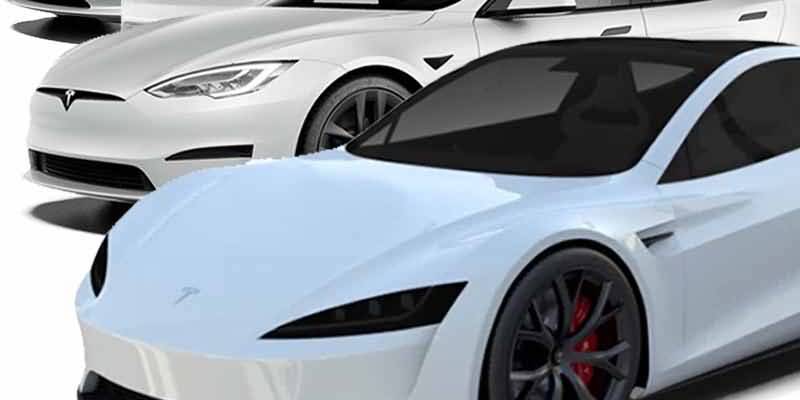
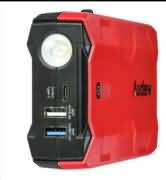
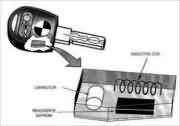

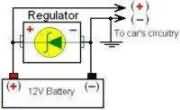
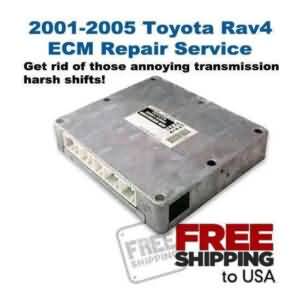
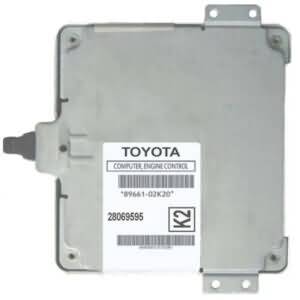
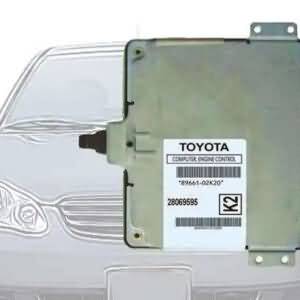
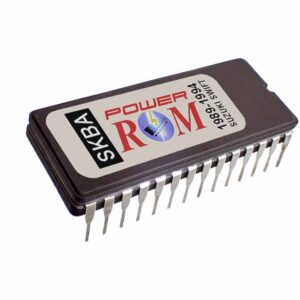
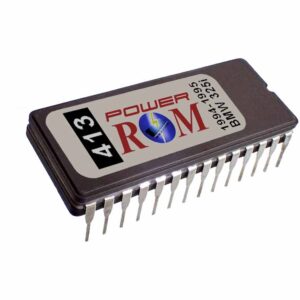
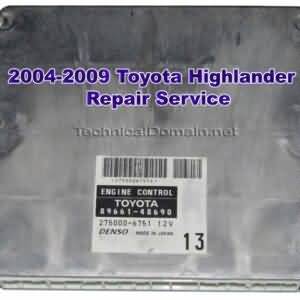
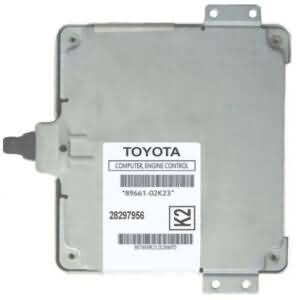
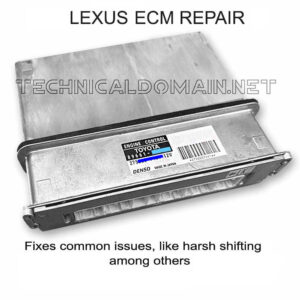
I like it thank you